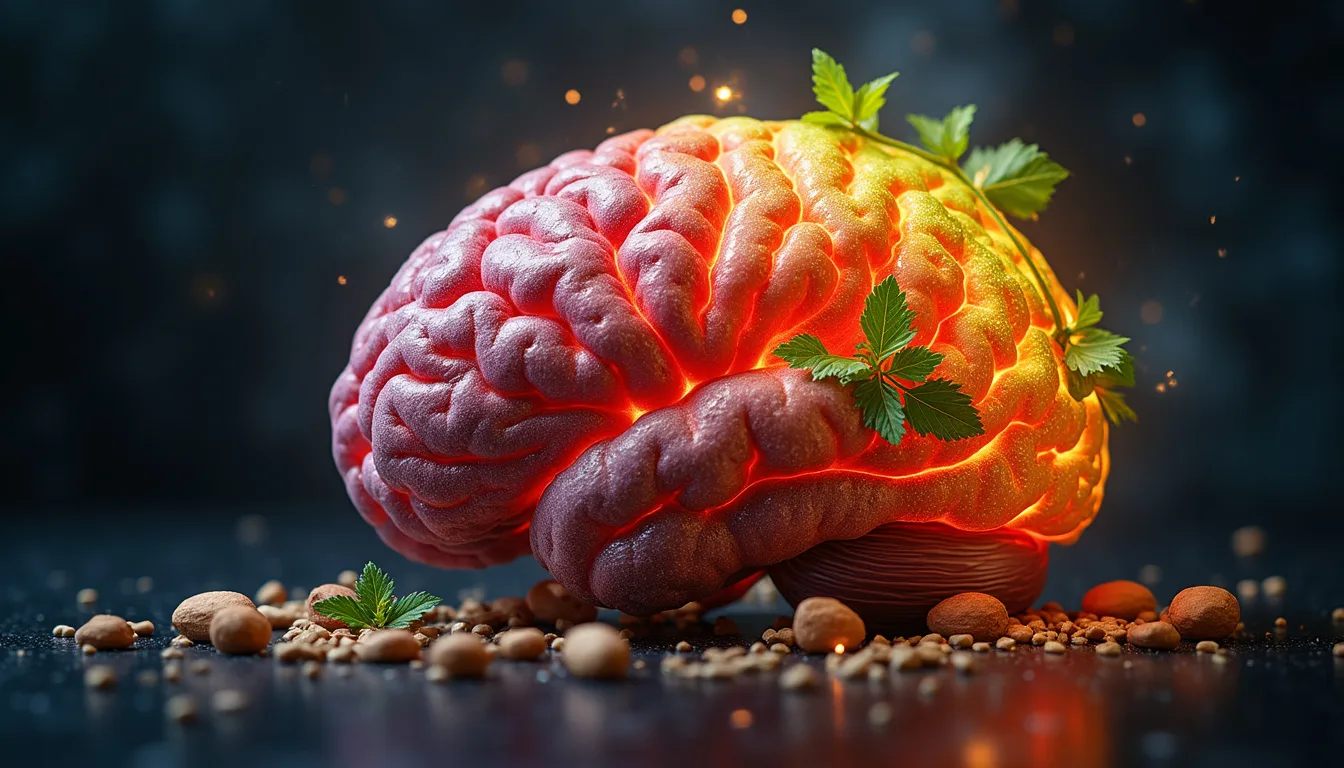
Epilepsy is a brain disorder. It causes seizures that happen again and again. These events affect millions of people all over the world. Medications are the main treatment. New proof now shows that low carb benefits for epilepsy can work well as a side method. Low carb diets like the ketogenic diet can help keep seizures low in both kids and grown-ups. This article shows how low-carb food plans help control epilepsy, explains the science behind the results, and gives safe, practical tips.
Understanding Epilepsy and Seizures
Epilepsy happens when the brain sends mixed signals. This change makes seizures start. Seizures can be a short pause or a strong shaking that reduces life quality. Many people use antiepileptic drugs (AEDs) to help. Some people get bad side effects or have seizures that do not stop with drugs. That fact makes researchers and doctors try food changes to cut down how often and how strong the seizures are.
What Are Low Carb Benefits for Epilepsy?
Low carb benefits for epilepsy come from a shift in fuel. When carbs drop, the body enters ketosis. In ketosis, the liver turns fat into fuel. Diets like the ketogenic plan hold about 70-90% fat, medium protein, and very few carbs (often less than 10%).
Key low carb benefits for epilepsy show:
• Seizure drop: Many studies note that ketogenic diets can cut seizures by 50% or more in many people.
• Brain protection: Ketones give steady fuel to brain cells, which can calm them down.
• Drug aid: Using these diets together with drugs can improve seizure control.
• Clear thinking: Many users note better alertness and clear thought.
• Weight control: Keeping a good weight and blood sugar may help the brain work better.
How Does a Low Carb Diet Control Seizures?
Low-carb diets work in the brain through clear links between body parts. They change chemical actions in the body:
1. Ketone Production and Brain Energy
When the body cuts down on carbs, the liver uses fat to make ketones (acetoacetate and β-hydroxybutyrate). These ketones pass into the brain. They give brain cells a new fuel. Ketones change the mix of brain chemicals and may keep brain cells calm to stop seizures.
2. Adjustment of Brain Chemicals
Ketogenic and low-carb diets shift the balance of brain chemicals. The mix of active chemicals (like glutamate) and calm ones (like GABA) changes. More GABA cuts down on extra brain signals that can trigger a seizure. At the same time, less glutamate means less overactivity in the brain.
3. Cutting Down on Inflammation and Oxidative Stress
Long-term inflammation and stress on cells can push epilepsy further. Low-carb diets may lower inflammation and stress. This change can protect brain cells from harm.

4. Helping Mitochondria Work
Mitochondria give energy to cells. Low-carb, high-fat diets can support the making of new mitochondria and improve their work. This help makes cells stronger against seizure triggers.
Popular Low Carb Diets for Epilepsy Management
Some food plans that cut carbs help control epilepsy. They include:
1. Ketogenic Diet
The ketogenic diet is well-known in epilepsy research, especially for kids. It uses a strict fat to protein and carb ratio of 4:1 or 3:1. Patients must follow it closely with help from doctors and diet experts.
2. Modified Atkins Diet (MAD)
This plan lets more protein and reduces carbs to about 10-20 grams each day. It is less strict than the ketogenic diet and usually starts without hospital care.
3. Low Glycemic Index Treatment (LGIT)
This diet only lets carbs that have a low glycemic index (below 50). It keeps blood sugar steady with less fat intake. Many people find it easier to keep in the long run, with a fair result in seizure control.
Practical Tips for Using a Low Carb Epilepsy Diet
If you think about trying low carb benefits for epilepsy, work with your doctor. Consider these tips:
- Consult a neurologist and dietitian – work with your health team to stay safe, check your progress, and change drugs when needed.
- Change slowly – do not change your diet all at once. A sudden shift may lead to side effects or lack of needed nutrients.
- Keep nutrients balanced – get enough vitamins, minerals, and water. Use supplements if you need them.
- Check ketone levels – use test strips or blood meters to see your ketone count and change your diet if needed.
- Write down your meals and seizures – a journal helps see links between food and seizures.
- Note side effects – some people see constipation, changes in cholesterol, or kidney stones. Regular checks help spot these issues.
Scientific Evidence on Low Carb Benefits for Epilepsy
A well-known study from the Epilepsy Foundation shows that 50-60% of children on ketogenic diets saw a 50% or more drop in seizures. Some children had no seizures at all. There is less data on adults, but many do well too.
A review in The Lancet Neurology shows that both ketogenic and low glycemic index diets work as extra treatments for drug-resistant epilepsy. They cut seizure numbers much more than standard care.
Common Questions About Low Carb Benefits for Epilepsy
1. Can adults with epilepsy benefit from low carb diets?
Yes, many adults with epilepsy, especially if drugs do not work fully, see a drop in seizures with low carb diets such as modified Atkins or ketogenic diets. Adults need to follow the plan and work with doctors.
2. Is the ketogenic diet safe for long-term use in epilepsy?
Many people use it safely with doctor help. Long-term use means you must have regular checks to avoid misses in nutrients, kidney problems, or changes in fats.
3. How quickly can low carb diets reduce seizures?
Some see changes in days to weeks. Most get the best effect after 3-6 months of steady use.
Conclusion: Embrace Low Carb Benefits for Epilepsy to Regain Control
Low carb benefits for epilepsy work beyond just reducing seizures. They let people take a natural role in their brain health with food changes. While low carb diets do not cure epilepsy, they have proven ways to lower seizures, clear the mind, and lift life quality.
If you or someone you care for deals with epilepsy, speak with your health provider about low-carb dietary plans. Use a low-carb diet under proper guidance to take a step toward fewer seizures and more freedom. Your brain health and your life may grow better with the right food choices.
[center]Always consult with your doctor prior to making drastic diet changes.[/center]
[center]As an Amazon Affiliate, Savvy Keto makes a small commision (at no extra cost to you) on any purchases you make thru affiliated links you click on.[/center]




